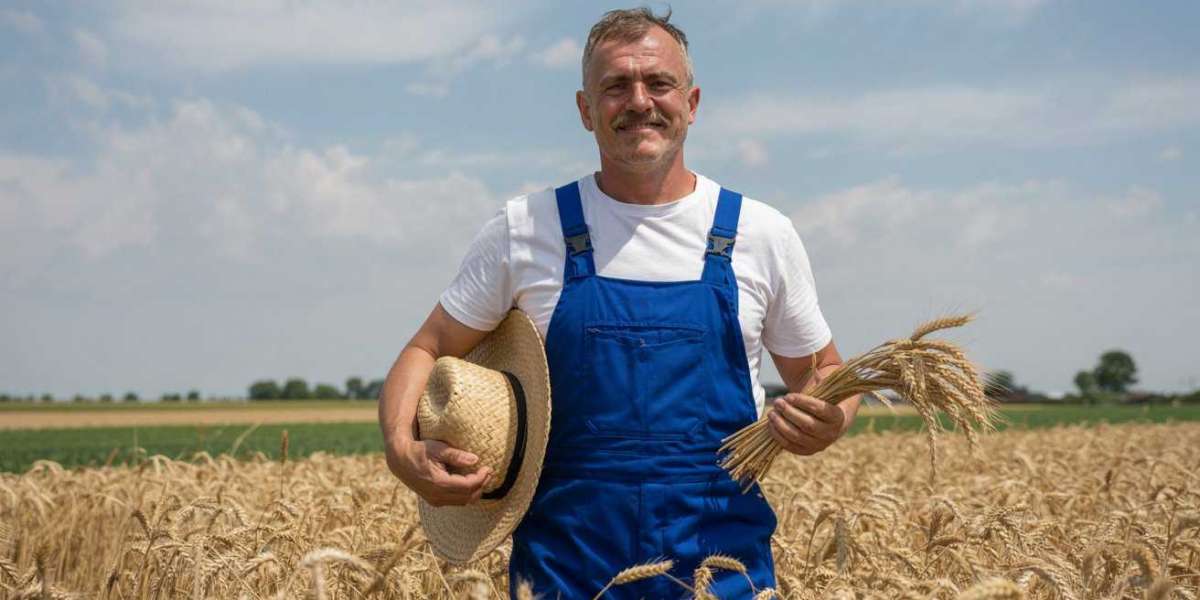Cows are a familiar sight in farms and fields worldwide, but a common question many people ask is: do cows have horns? The answer is both simple and complex.Do Cows Have Horns, certain factors—such as breed, genetics, and human intervention—determine whether an individual cow has them or not.
Do All Cows Have Horns?
The short answer is no; not all cows have horns. However, most cattle breeds have the genetic potential to grow horns, regardless of sex. While people often associate horns with bulls, both male and female cattle can develop them.
Cattle Breeds and Horn Growth
Horn growth in cattle depends on the breed and whether it carries the "polled" (hornless) gene. Cattle breeds fall into two categories based on horn genetics:
1. Horned Breeds
Some breeds naturally grow horns, and both males (bulls) and females (cows) can develop them. Examples include:
Texas Longhorn – Known for their long, curved horns that can span several feet.
Highland Cattle – A hardy breed with long, distinctive horns.
Jersey and Holstein Cows – Common dairy breeds that can naturally grow horns unless they are selectively bred to be polled.
2. Polled Breeds (Hornless Cattle)
Some cattle breeds are "polled," meaning they naturally lack horns due to genetic selection. Examples include:
Angus (Black and Red) – One of the most popular beef cattle breeds, known for being naturally polled.
Hereford (Polled Variety) – While traditional Herefords grow horns, polled Herefords have been selectively bred to be hornless.
Gelbvieh and Simmental (Polled Varieties) – These breeds also have both horned and polled varieties.
Why Do Some Cows Not Have Horns?
There are three main reasons why some cows do not have horns:
1. Genetics (Polled Gene)
The polled gene is dominant, meaning if a calf inherits it from either parent, it will not grow horns.
Breeders often choose polled cattle to reduce the need for dehorning and prevent injuries among livestock.
2. Dehorning and Disbudding
Farmers commonly remove horns from young cattle through dehorning (removing formed horns) or disbudding (removing horn buds at an early age).
This practice is done for safety reasons, as horns can cause injuries to other cattle, handlers, and equipment.
3. Selective Breeding
Many modern cattle operations prefer polled animals to avoid dehorning.
Breeding programs focus on selecting polled genetics, gradually reducing horned cattle in commercial farming.
The Purpose of Horns in Cattle
For cattle that do grow horns, they serve several purposes:
Defense – Wild cattle and free-ranging breeds use horns to protect themselves from predators and rivals.
Social Status – Horns can play a role in herd hierarchy, helping dominant individuals establish control.
Regulating Body Temperature – In some breeds, like Texas Longhorns, the horns help dissipate heat.
Digging and Foraging – Some cattle use their horns to dig for food or water in dry environments.
Are Horned Cows More Aggressive?
The presence of horns does not necessarily make a cow more aggressive. Temperament depends on breed, handling, and environment rather than horn growth. However, horns can be dangerous in confined spaces, which is why many farmers prefer polled or dehorned cattle for safety reasons.
Conclusion
Do Cows Have Horns, but not all do. Horn growth depends on breed genetics, human intervention, and selective breeding practices. While many cattle are naturally horned, polled breeds and dehorning techniques have made hornless cattle more common in modern farming. Understanding the role of horns in cattle helps farmers and livestock enthusiasts manage their herds safely and effectively.






